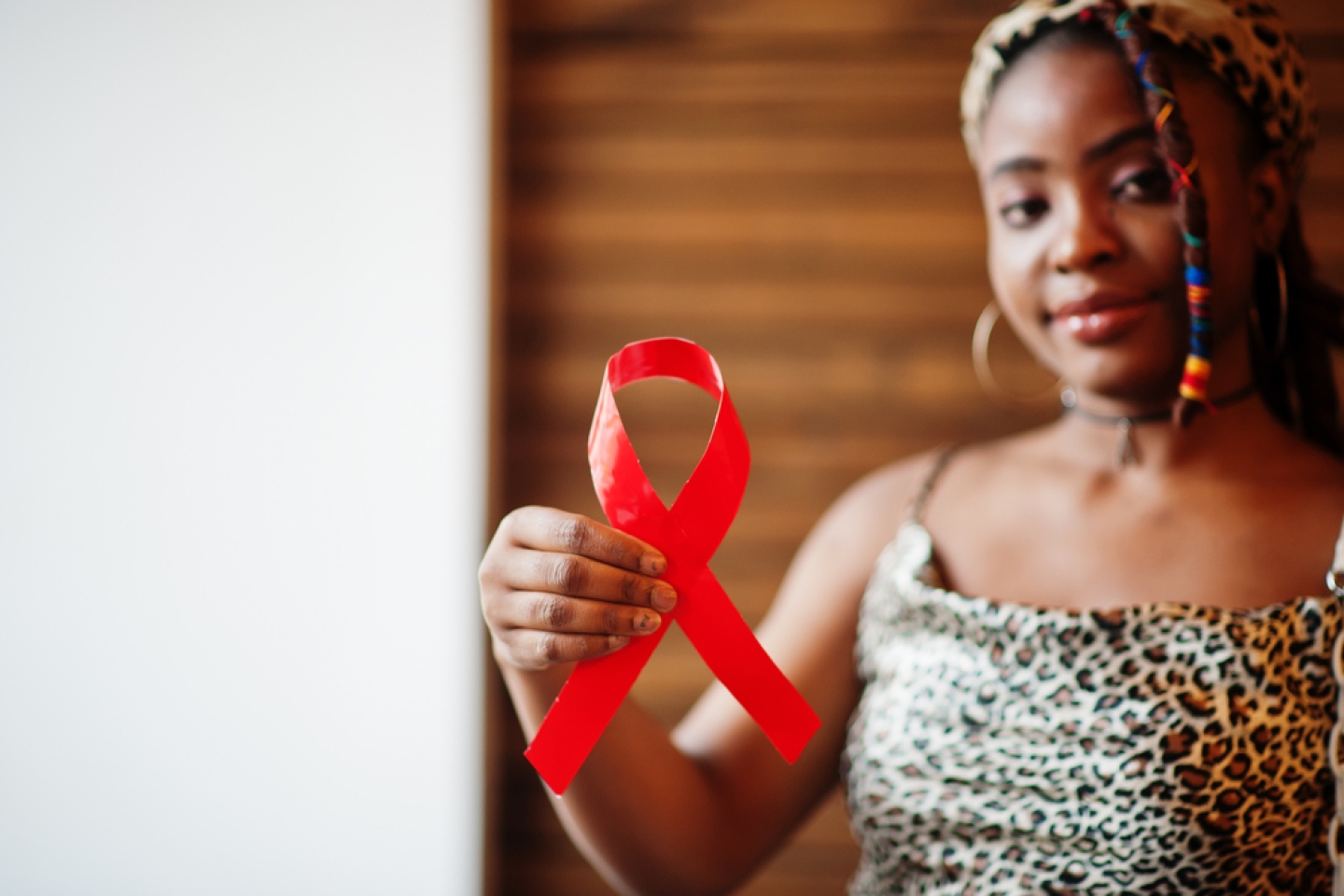
July 21 is celebrated around the world as Zero HIV Stigma Day, increasing awareness and understanding of people living with HIV. With significant advances in prevention and available treatment options, we can begin addressing the stigma associated with the disease.
Through the Center for Special Studies (CSS) at Weill Cornell Medicine, we work to reduce stigma through education, health care and support. As a designated AIDS care facility, CSS offers multidisciplinary health care to people living with HIV and AIDS, focusing on the physical, psychological, social and spiritual needs of patients and their families.
HIV stigma is placing judgment on or having a negative attitude towards individuals with HIV, are taking steps to prevent HIV (including medication) or might be at risk. HIV stigma can be the result of:
Social stigma towards HIV-positive individuals and their families can cause shame, despair and unnecessary ostracization. The best way to fight HIV stigma is with education and open conversations about the disease. The more widespread the topic becomes, the less chance for misinformation and prejudice.
HIV can affect anyone at any age, but certain factors can affect people’s risk for HIV. Socioeconomic disadvantages, such as poverty and lack of education, can limit access to HIV prevention resources and health care. Stigma and discrimination based on race, ethnicity, sexual orientation and gender identity can also create barriers to health care.
Among the estimated 1.2 million people in the U.S. who are HIV-positive, approximately 13% of them are unaware of their diagnosis, according to the Centers for Disease Control and Prevention.
HIV is also disproportionately widespread in the Black and Latino communities, especially among women. In fact, new HIV infection rates among Black women are 10 times and four times greater than those of white and Latina women, respectively.
If you’re between ages 13 and 64, you should get tested for HIV at least once as part of routine care. Many communities offer free testing, and at-home test kits are also available. The sooner you start treatment, the better your outcome, and HIV awareness means you can prevent the further spread of the disease.
Risk factors for HIV include:
HIV is spread through the exchange of bodily fluids, including pre-semen, semen, vaginal fluid, rectal fluid, blood and breastmilk. In the U.S., it’s most often transmitted through sexual intercourse and the use of dirty needles to inject illicit drugs.
Prevention of HIV infection continues to evolve.
Condoms, when used correctly, are still an effective way to reduce your risk of getting any STI, including HIV.
In addition, preventive medications are proving to be highly successful. There are two types available:
Although there is no cure for HIV, continued antiretroviral therapy (ART) medications can lower a person’s HIV load to levels that are undetectable. We still have a long way to go toward eradicating HIV, but people living with it can take steps to lower or even eliminate their risk of transmission and enjoy a long, fulfilling life.
Have questions about HIV prevention and treatment? Find a provider at Weill Cornell Medicine.